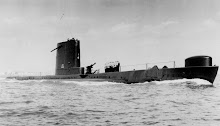France offers to join forces with UK's nuclear submarine fleet (The Guardian)Officials from both countries have discussed how a deterrence-sharing scheme might work but Britain has so far opposed the idea on the grounds that such pooling of sovereignty would be politically unacceptable.
In a speech this morning in London, Gordon Brown said he had agreed to further nuclear co-operation with France last week after talks with Nicolas Sarkozy. The prime minister did not comment explicitly about submarines, saying only that the UK and France would both retain "our independent nuclear deterrent".
Britain and France each maintain "continuous at-sea deterrence", which involves running at least one nuclear-armed submarine submerged and undetected at any given time. It is a hugely expensive undertaking, and its usefulness in a post-cold war world has long been questioned by disarmament campaigners. To read more, here
Firstly, it is becoming more and more apparent that we need cooperation to be able to afford defence capabilities. Weapon systems are becoming more and more expensive and the nuclear deterrent is a good example. One can see the time when these systems will be unaffordable for countries with a population of only 60 million or 70 million. It will be the China, USA-sized countries that will have the wealth to own these systems. For the UK and France it will become cooperate and coordinate or lose the capability.
Secondly, the UK currently has a choice of two realistic partners. France is the European nation that has a similar vision to their role in the world and the need for a global defence reach. Other European countries essentially consider defence as a home defence problem – even Germany falls into this category. The USA could be the other partner of choice, but has different priorities and needs, especially the need to manage the Pacific front; although this might sound a naval problem it is actually more concerned with China, Japan and Korea and is essentially a land issue. For me the only sensible choice is France where the UK could be seen as equal partners – with the USA for a partner, the UK would clearly be at a secondary level.
The potential to combine programmes with France is enormous: The deterrent, Naval air assets (including the carrier), Minewarfare (we share the Channel), Surveillance (radar and optronic industries are already deeply interwoven), C2 (Command and Control (already interoperable through NATO). Perhaps the biggest blocks are the next generation aircraft: JSF versus Rafale and I wonder why the UK wants to spend so much on an aircraft for which there is no actual threat.
Our reliance on the USA is also well based due to shared intelligence assets – both ground based listening and space based surveillance. In fact, this is a real weakness for the UK as we have no assets of our own and rely 100% on the USA (and I wonder whether Tony Blair might have made a different decision over Iraq if he had had his own intelligence sources).
As another aside it is notable that Germany had to rely on the USA for intelligence in the Balkan conflict of the 1990s and immediately launched their own space based intelligence programme – SAR LUPE.
The debate is well underway and here I have mentioned only a few of points – there are many more. Interestingly, France has realised this problem for some time. The UK is still trying to come to terms with the idea. A couple of years ago France requested the UK to participate; today they are rather more intransigent as they see that the UK will have to cooperate or lose capability. Frankly the UK is in danger of missing the boat.
France and UK joining nuclear submarine forces is the right way to go.


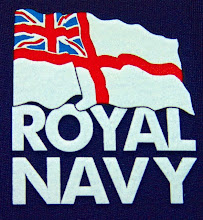

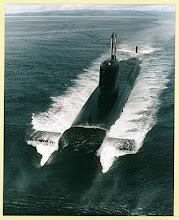
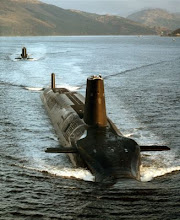



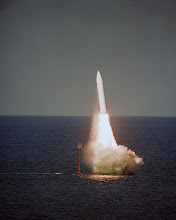

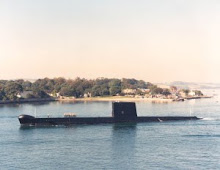.jpg)

